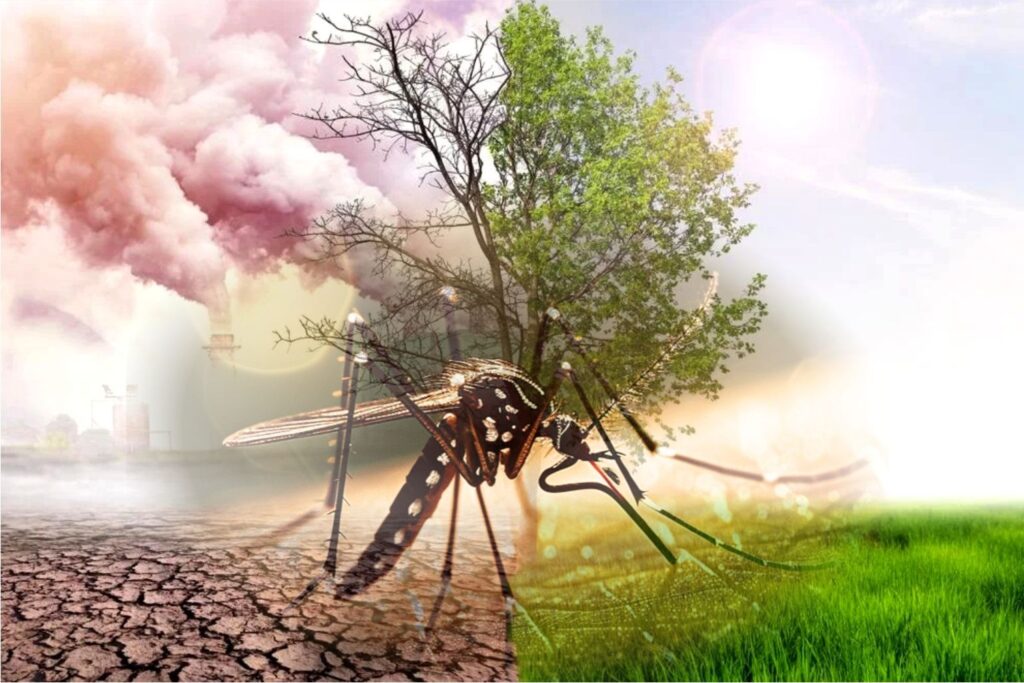
A new study warns that dengue and chikungunya—once confined to tropical regions—could soon become endemic in Europe, as tiger mosquitoes continue to migrate northward due to rising global temperatures.
Both viruses, spread by the mosquitoes Aedes aegypti and Aedes albopictus (tiger mosquitoes), cause fevers and can be deadly in rare cases.
The tiger mosquito, in particular, is venturing further north as global temperatures rise due to man-made climate change. According to the study, under worst-case climate scenarios, the spread of dengue and chikungunya could increase to five times the current rate by 2060.
Also Read | US tells older travellers to skip chikungunya vaccine
The study, published in The Lancet Planetary Health, examined how climate and other factors have influenced the spread of dengue and chikungunya in Europe over the past 35 years. The frequency and severity of outbreaks have increased since 2010 as temperatures have risen, the findings suggested.
“Our findings highlight that the EU is transitioning from sporadic outbreaks of Aedes-borne diseases to an endemic state,” the study said.
In 2024, the hottest year on record, a total of 304 dengue cases were reported in the EU — “a historic peak compared with the combined total of 275 cases in the previous 15 years”, the study said.
Dengue outbreaks have hit Italy, Croatia, France and Spain. “The trend suggests a progression from sporadic cases towards endemicity in these countries,” the study suggested.
The findings also suggested that outbreaks are more common in wealthier areas, likely due to better testing—suggesting underreporting in poorer regions








